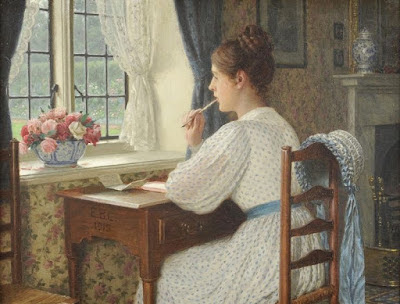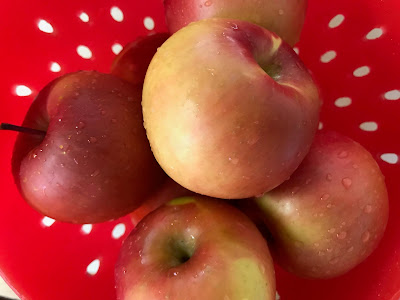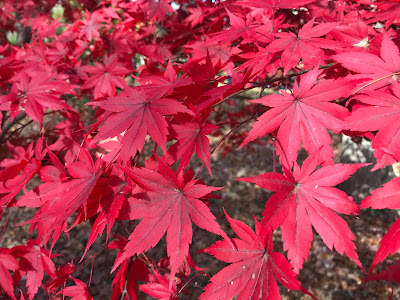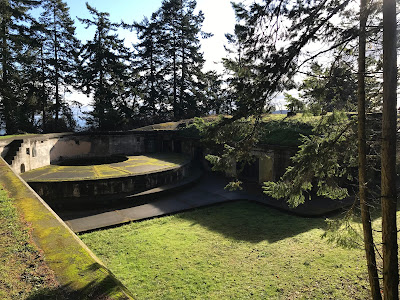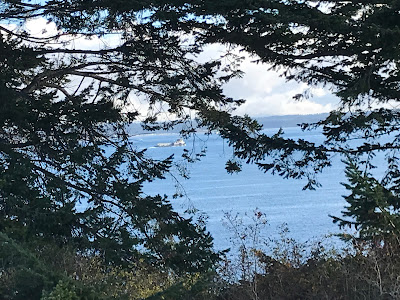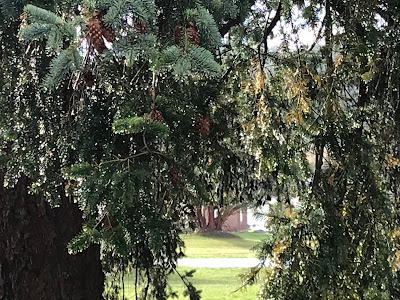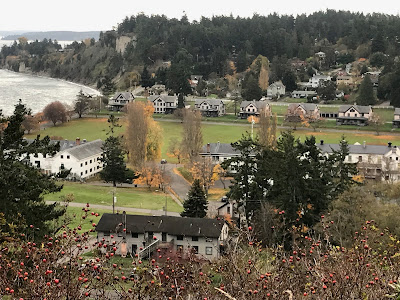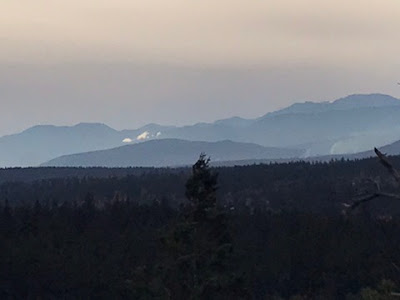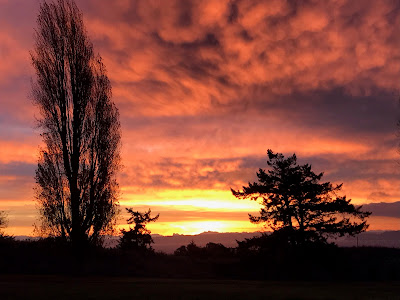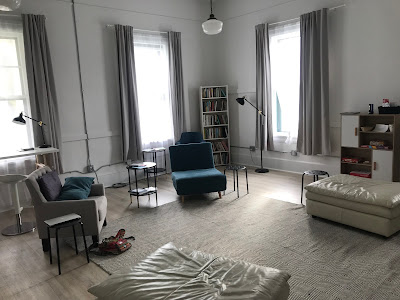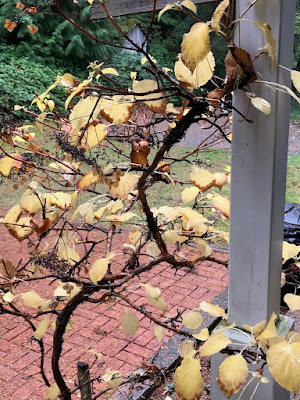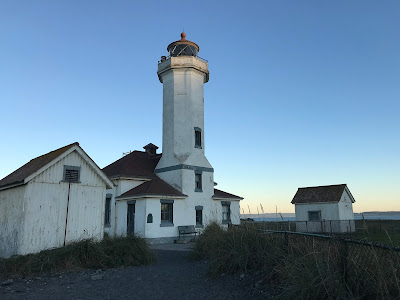Badge of Courage
Long before Shout, my go-to stain removal substance, and the little Tide pen I now carry with me on trips, there were stain removal charts. Mine is tacked up in the laundry room and is still my best source for wild and wacky — but often effective — stain removal tips.
From it I learned that the remedy for ballpoint ink stains is glycerine. I once had an old bottle of the stuff that worked wonders, saved a yellow linen shirt that I paid way too much for and was almost ruined by an inky gash across the front.
I used that old bottle until I couldn’t anymore, but I regret to say that the new stock I ordered — proudly described as vegetable glycerine — isn’t nearly as effective. I scrubbed and scrubbed and managed to mute the stains slightly, but the ink stain isn’t gone … and probably will never be.
I tell myself it doesn’t matter. Ink stains are a badge of courage, not a blot of shame.
